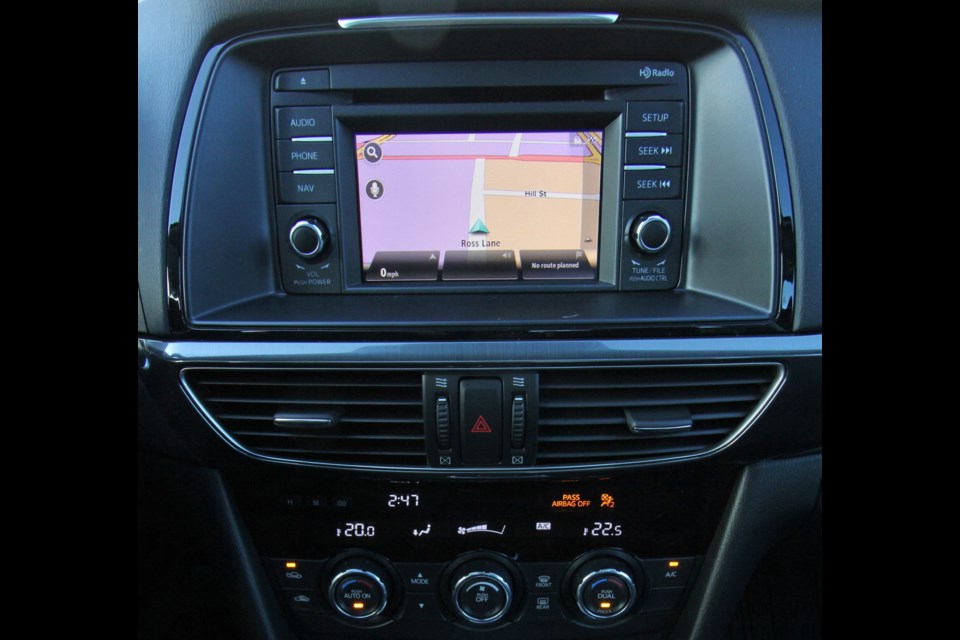B.C.’s privacy commissioner has issued two rulings that pave the way for companies to track employees through cellphones and GPS navigation devices in vehicles.
An adjudicator in the office of information and privacy commissioner Elizabeth Denham has cleared elevator companies Thyssenkrupp Elevator Canada and Kone Inc. in complaints that they violated privacy laws when they tracked employee movements and, in some cases, the way staff drove company vehicles.
In the two cases, the elevator companies argued the need to track the location of maintenance staff in order to verify they were working when being paid, had appropriate travel time between work sites and could be located quickly in case of an emergency.
Kone Inc. used the GPS feature on staff-issued cellphones to transmit location information every 11 minutes, when the phones were set to “on duty mode,” said the privacy commissioner’s report.
Thyssenkrupp used vehicle GPS and software to monitor employee locations, as well as the speed they drove vehicles, whether they rapidly accelerated or braked, and if they were taking inefficient routes to work sites.
“Employers are also entitled to take reasonable steps to ensure that their employees are working the hours for which they are paid,” adjudicator Ross Alexander wrote in his Kone ruling.
“Time recording using GPS is, for example, similar to employees having a swipe-card system to record their work attendance or being directly observed by a supervisor at their workstation.”
The commissioner’s office agreed the companies weren’t collecting more personal information than necessary, and were doing it for a legitimate purpose under B.C.’s privacy law.
Alexander dismissed suggestions from Kone employees that tracking their movements will lead managers to pressure them to work faster and is an offence to their dignity, saying that “overstates” the impact of the technology.
It’s also fair for Thyssenkrupp to monitor how its maintenance staff are driving company vehicles using onboard software, Alexander ruled. The company provided evidence of unauthorized use of vehicles, improper maintenance and public complaints about unsafe driving.
“I am satisfied that use of the Fleet Complete [tracking] system is reasonably likely to be effective for [Thyssenkrupp’s] stated purposes, such as verifying employee attendance, compliance with company policies, regular maintenance for vehicles, safe driving, dispatching and operational efficiency,” he wrote.
Kone provided ample warning to its employees about the privacy implications, including PowerPoint presentations, wrote Alexander, but Thyssenkrupp did not do as good a job and was ordered to give required notice to employees about the tracking system.
Tracking cellphone GPS has been a concern for privacy advocates.
Micheal Vonn, policy director at the B.C. Civil Liberties Association, said while she hadn’t read the most recent rulings from the commissioner’s office, society is wrestling generally with whether employer tracking follows the spirit of the law.
“There’s no question in anyone’s mind that an employer has a right to know where their employees are. The question is, can we get down to the level of gradation where the GPS monitor is going to tell your employer how long you spent in the bathroom?”
Previous court rulings have shown employees have some expectation of privacy even when using work computers and work phones, said Vonn.
A plan to track traffic congestion in Vancouver, using anonymous cellphone GPS signals, has also been criticized for possible privacy violations.



